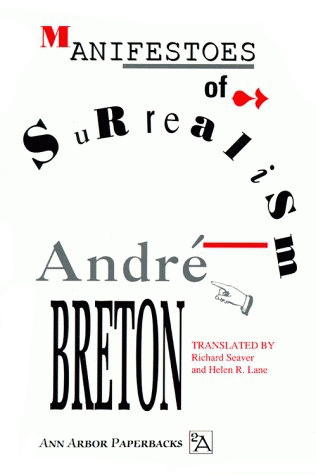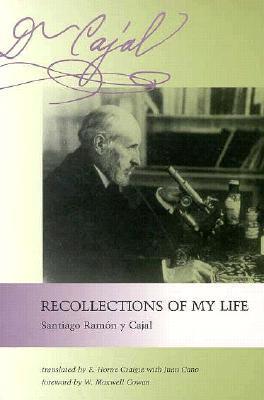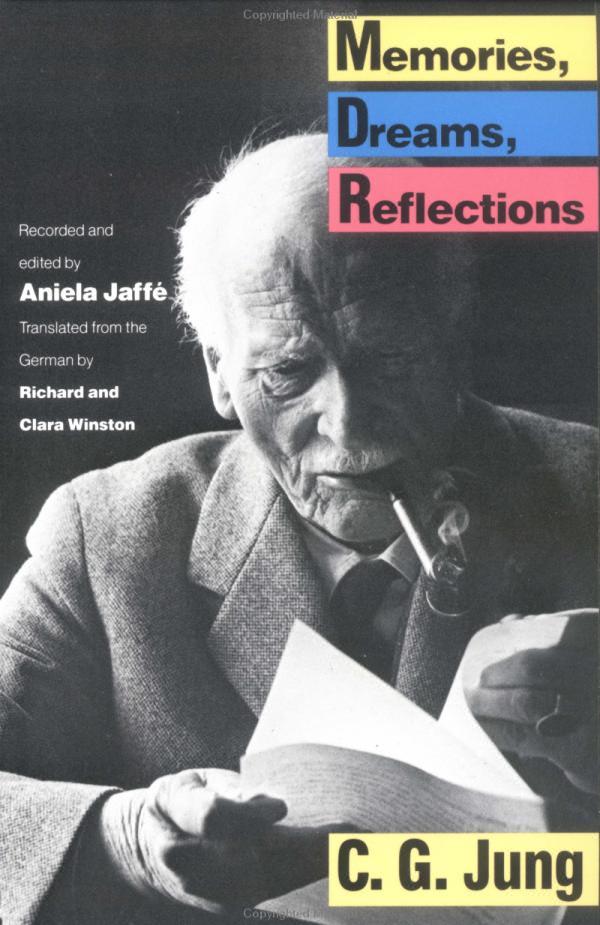
Diary of a Genius
Book Description
Step into the vivid mind of Salvador Dalí, where creativity knows no bounds and reality blurs with dreams. "Diary of a Genius" unfolds like a surreal film, detailing the eccentric thoughts of an artist battling societal norms and his own demons. Amidst madness and brilliance, Dalí's words dance like the brush strokes on his canvas, exploring love, ambition, and the pursuit of immortality. Each entry feels like a dive into a kaleidoscope of color and chaos, igniting a fire within the soul. What secrets of genius lie hidden beneath the surface?
Quick Book Summary
“Diary of a Genius” is a provocative and deeply personal chronicle of Salvador Dalí’s inner world, traversing the boundaries between genius and madness. Through diary entries collected between 1952 and 1963, Dalí artfully reveals his eccentric psyche, creative process, and unique perspective on art, love, and immortality. The text brims with his characteristic flamboyance, self-mythologizing tendencies, and surreal humor, offering rare glimpses into the inseparable connection between his visionary art and tumultuous private life. Readers are offered interludes of contemplation on ambition, faith, and the burdens of fame, while Dalí’s passionate devotion to his muse Gala echoes throughout. Spirited, whimsical, and often confessional, “Diary of a Genius” is both an artistic manifesto and an intimate autobiography, inviting us to question the very nature of genius.
Summary of Key Ideas
Table of Contents
The Fluid Boundaries Between Imagination and Reality
Salvador Dalí’s diary entries form a vivid tapestry in which dreams intermingle with waking life. He consciously dissolves the line separating imagination from reality, treating both with equal intensity. Everyday occurrences are transformed by surreal interpretation, and Dalí documents his obsessions, fantasies, and premonitions as earnestly as he records actual events. This narrative ambiguity invites readers to confront definitions of authenticity, delusion, and creativity; Dalí’s world is one where the subconscious holds sway, and reality is endlessly malleable in the service of artistic truth.
Love, Obsession, and the Muse
A central motif of the diary is Dalí’s enduring relationship with his muse and wife, Gala. His devotion borders on mystical, equating her with both inspiration and emotional sanctuary. Through passionate ruminations on love, jealousy, and dependence, Dalí elevates Gala to an essential part of his identity and genius. Their dynamic is a perpetual source of both adoration and tension, revealing the entwined nature of his creative output and personal life, as well as the power—and peril—of artistic obsession.
The Nature and Burden of Genius
Throughout his diary Dalí elevates his own genius, sometimes bordering on self-parody yet tinged with vulnerability. He grapples with the double-edged sword of fame—its temptations, distractions, and alienation from ordinary life. Dalí’s reflections veer from grandiose proclamations of his singularity and destiny to introspective admissions of fear, insecurity, and unfulfilled longing. The diary format thus captures the dynamic spectrum of genius: the capacity for both miraculous insight and profound isolation, each fueling Dalí's creative drive.
Artistic Process and Surrealism
Dalí offers tantalizing glimpses into his artistic process, revealing the mechanics of his surrealist imagination. He details his routines, methods, and inspirations, often blurring technical considerations with philosophy and eccentric ritual. Dalí foregrounds the importance of dreams, symbolism, and automatic creation—key tenets of surrealism. Meanwhile, he explores the tension between meticulous planning and spontaneous inspiration. This candid look into his studio life illuminates how Dalí manipulates reality and myth to elevate painting into a theater of psychic exploration.
Clashing With Society and Pursuing Immortality
Clashing with societal norms, Dalí delights in contradiction and provocation. He casts himself as an outsider and visionary, unafraid to challenge orthodoxies of art, religion, and morality. The diary chronicles his controversial performances, opinions, and desire to achieve immortality through scandal and innovation. Dalí wrestles with questions of legacy, fixating on how to inscribe himself on the world stage beyond mere mortality. His relentless pursuit of uniqueness and refusal to conform embody the audacious spirit that defines his genius.
Download This Summary
Get a free PDF of this summary instantly — no email required.





